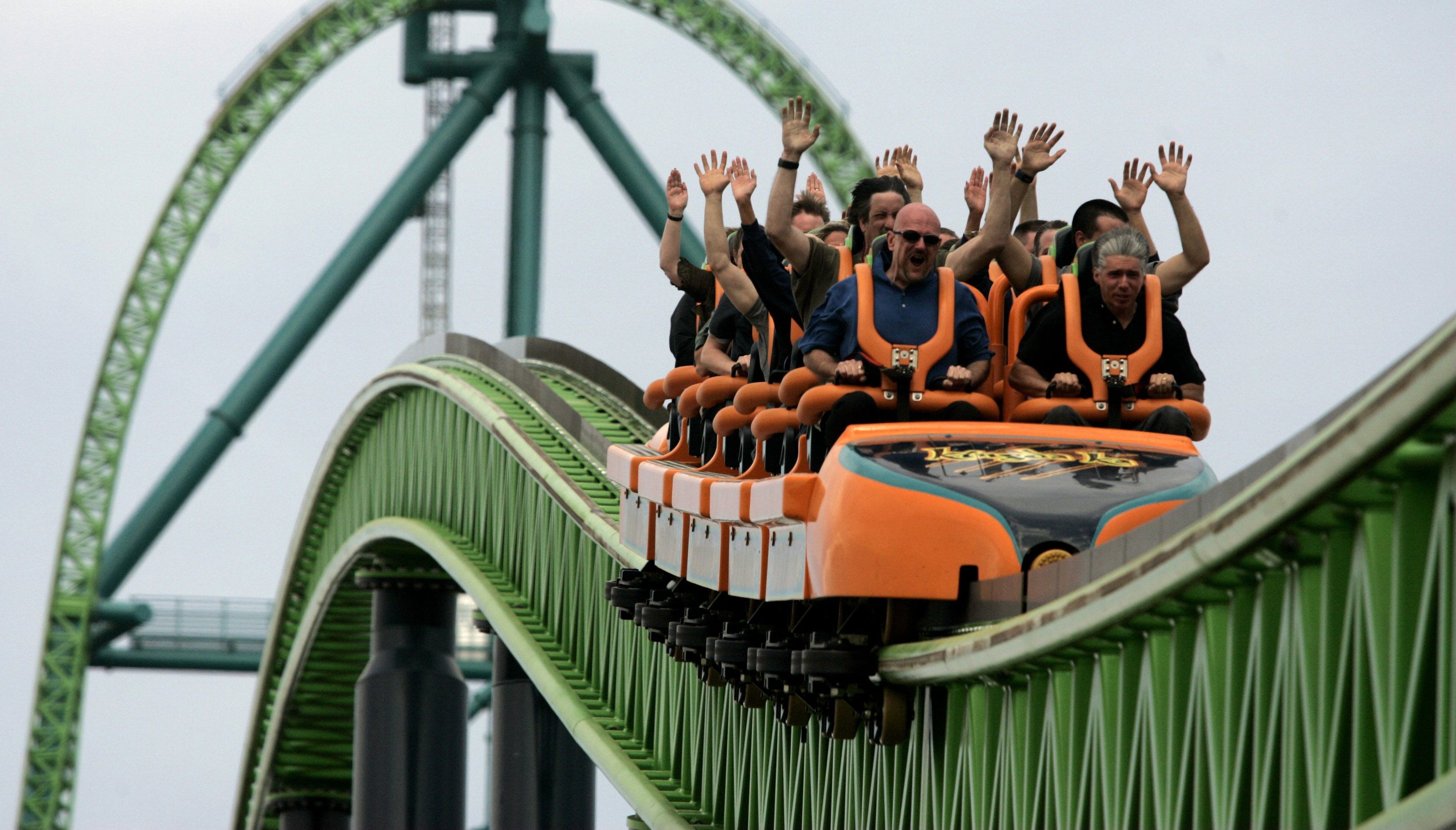- Feb 3, 2019
- 3,128
- 5,613
- 250
A doctor has filed a lawsuit claiming kingda ka caused him a spinal injury.


Doctor sues Six Flags Great Adventure over Kingda Ka roller coaster ride
Physician says he needed spinal surgery three weeks after riding 'fastest roller coaster" at Six Flags Great Adventure
www.courierpostonline.com
